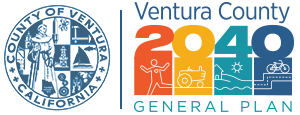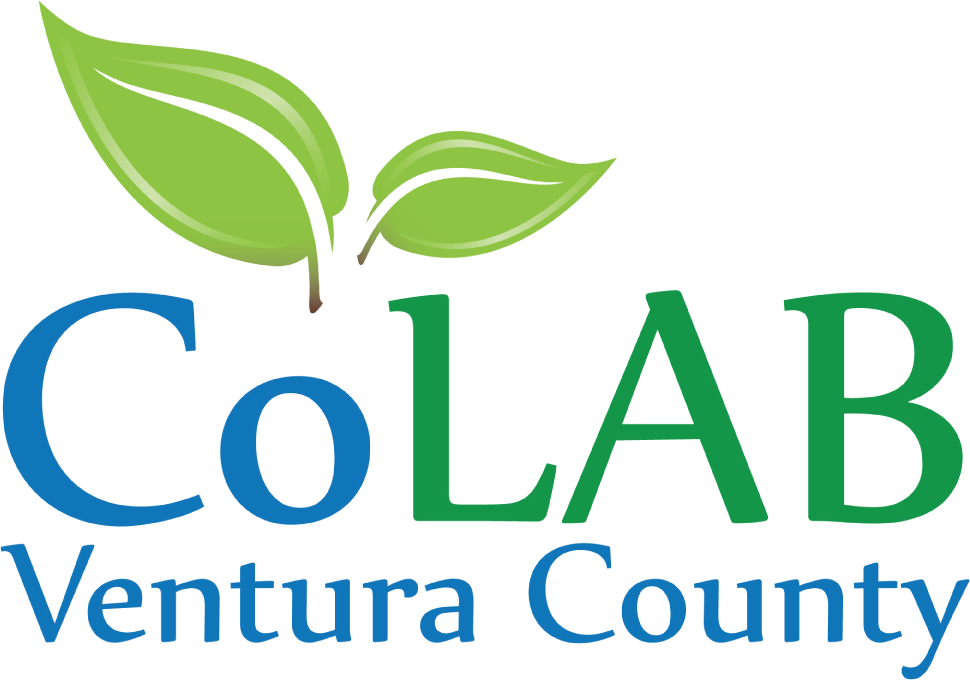CoLAB-Supported Changes to General Plan Approved

Ventura County CoLAB scored a series of victories in recognizing the importance of agriculture, water, housing, and land management in the latest round of the General Plan Update revisions. The changes suggested by CoLAB and adopted by the Board of Supervisors represent significant improvements on the language for the Vision Statement and Guiding Principles, which will influence County policies for the next 20 years.
The County’s development of the Vision Statement and Guiding Principles are Phase 3 of 7 of a comprehensive update to the General Plan for the first time in almost 30 years. Going forward the process will include an alternatives analysis, development of goals and policies, and a programmatic environmental impact report. The final plan is scheduled to be adopted by the Board of Supervisors in the spring of 2020.
Each phase of the General Plan process has included a public comment period and opportunities for public testimony. The draft Vision Statement and Guiding Principles had several public workshops in addition to input and suggested changes from Municipal Advisory Committees (MACs), a Technical Advisory Committee (County staff), Focus Groups (appointed subject experts), the Agricultural Policy Advisory Committee (APAC) and the Ventura County Planning Commission.
The Vision Statement is a generalized statement about the overall direction of the county, similar to vision statements used by corporations and other organizations.
The Guiding Principles will be used as a framework to develop the goals, policies and programs within the General Plan. The Guiding Principles are broken down by policy area: Land Use and Community Character; Economic Vitality; Agriculture; Circulation/Transportation/Mobility; Housing; Conservation and Open Space; Water Resources; Public Facilities, Infrastructure and Services; Hazards and Safety; Climate Change and Resilience; Health Communities; and Environmental Justice.
CoLAB has been active in the General Plan Update process, attending multiple stakeholder workshops and submitting comment letters on the General Plan background reports. We also testified at Board of Supervisor and Planning Commission workshops, emphasizing the importance of a thriving agricultural sector, investments in water infrastructure and expanded housing opportunities, among other issues.
CoLAB has argued forcefully for language in the Vision Statement and Guiding Principles that recognized important industries and activities in the unincorporated areas of the county. We asked to have the Guiding Principles recognize the importance of the long-term economic viability of agriculture. We also argued that the document should explicitly recognize the two most important industries in the unincorporated areas, agriculture and the oil industry.
Post-Thomas Fire, CoLAB has pushed for language to support the important role that land management by private property owners plays in preventing wildfires and other natural disasters.
CoLAB testified at APAC when County Planning presented the draft Vision Statement and Guiding Principles, recommending to add farmworker housing as an important goal for the county’s agricultural industry. We also encouraged the Guiding Principles to include language calling for increasing the county’s housing supply to support development of affordable housing opportunities.
Ultimately, APAC recommended a number of useful additions to the Vision Statement and Guiding Principles, adding language promoting the development of housing opportunities, increasing housing supply and emphasizing the critical role farmworker housing plays for the agricultural sector. APAC also added language emphasizing the need to balance agriculture, urban and environmental uses of water.
The Planning Commission reviewed the APAC revisions and made a number of concerning changes to the Agricultural Guiding Principle, including deleting language accentuating the economic viability of agriculture and adding “environmental sustainability” as a principle. We believe this is problematic as there is no accepted definition of the term with respect to agriculture.
The Planning Commission also inserted pessimistic language in the Water Resources guiding principle which pre-determined a future with water “shortages”.
The Board of Supervisors reviewed the proposed Vision Statement and Guiding Principles on January 23 where they revised a number of concerning additions. The Board removed the references to water shortages added by the Planning Commission. They also restored language calling for the development of affordable housing opportunities.
The Board also included promoting economic vitality for the agriculture sector in the Guiding Principles as well as including farmworker housing as a necessary component of a globally-competitive agricultural sector. The Board also added language emphasizing the importance of land management in reducing the impact of natural disasters like wildfires.
Nearly all of the beneficial changes to the Vision Statement and Guiding Principles were suggested by County Supervisor Kelly Long. Together with Supervisor Peter Foy, the county’s businesses, workers, farmers, and ranchers were well represented at the Board.
The County is working on the alternatives analysis and will next be creating language for the Goals, Policies and Programs portion of the General Plan, which will include much more specific language implementing the Vision Statement and Guiding Principles. CoLAB will continue to be engaged in this process to ensure that the wording of these documents reflects the on-the-ground realities and needs of businesses, workers and land owners.

